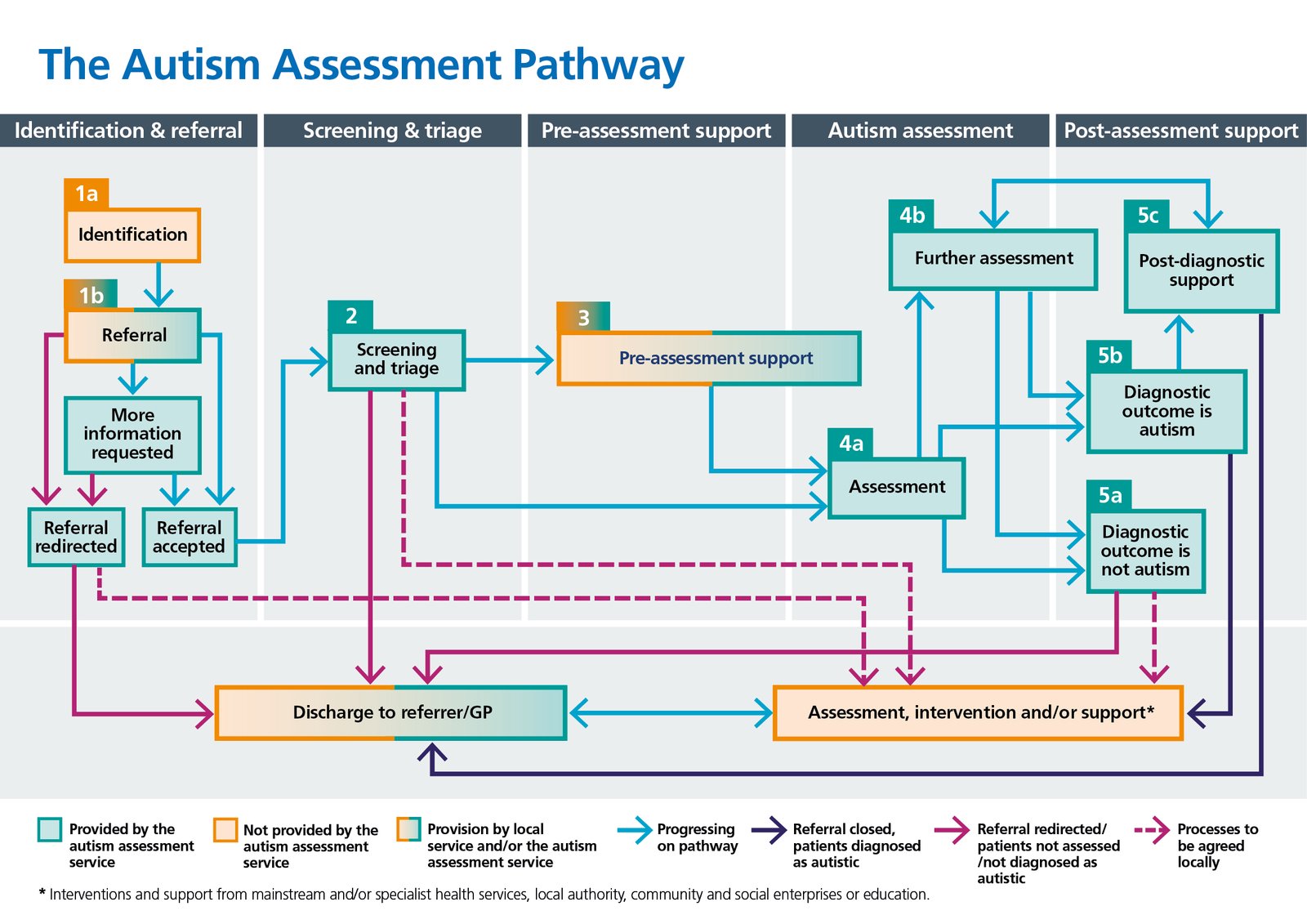Contract management is a vital aspect of business operations that involves the process of creating, executing, and managing contracts between businesses and their partners, clients, suppliers, or employees. Effective contract management ensures that businesses can maintain compliance, minimize risks, and foster productive relationships. In this article, we will explore the importance of contract management, the stages of the process, common challenges, best practices, and the role of technology in enhancing the management of contracts.
Introduction to Contract Management
What is Contract Management?
Contract management refers to the entire lifecycle of a contract, from the initial drafting of terms and agreements to the execution, performance monitoring, and eventual closure. It includes managing all aspects of the agreement between parties, ensuring both sides comply with the terms and addressing any disputes or issues that may arise. Proper contract management aims to mitigate risks, optimize relationships, and deliver the expected outcomes for both parties involved.
Why is Contract Management Important for Businesses?
Contract management plays a crucial role in the success of a business. It ensures that all contractual obligations are met, reducing the chances of disputes or legal issues. Furthermore, effective contract management helps businesses avoid costly penalties, missed deadlines, and non-compliance with regulations. By overseeing contracts efficiently, businesses can streamline operations, improve profitability, and create stronger, long-lasting partnerships with their clients and suppliers. In today’s competitive market, strong contract management is not just a necessity but a strategic advantage.
The Contract Management Process
Key Stages of Contract Management
The contract management process can be broken down into several key stages. The first stage is contract creation, where terms are negotiated, drafted, and agreed upon by all parties. The next stage is contract execution, where both parties sign the agreement, making it legally binding. After execution, performance management takes place, where businesses monitor adherence to the contract’s terms. This includes tracking milestones, deadlines, and deliverables. The final stage involves contract closure, which happens when the contract’s obligations have been fulfilled, and both parties formally conclude the agreement.
How Each Stage Contributes to Business Success
Each stage of the contract management process contributes directly to business success. Contract creation ensures that clear expectations are set, reducing the potential for misunderstandings. Effective execution guarantees that both parties uphold their end of the bargain. Monitoring performance helps in identifying any issues early on, allowing for timely interventions. Finally, contract closure ensures that both parties are satisfied and that there are no outstanding obligations. Properly managing each stage reduces risk and enhances overall business efficiency.
Benefits of Effective Contract Management
Reducing Risks and Legal Issues
One of the primary benefits of effective contract management is the reduction of risks and legal issues. Contracts are binding agreements that set the terms for business relationships, and any violation of these terms can lead to disputes, penalties, or even litigation. By managing contracts carefully, businesses can ensure that all legal obligations are met, and any potential risks are identified and mitigated. For example, having a clear dispute resolution process in the contract can help avoid lengthy and expensive legal battles.
Improving Efficiency and Cost Savings
Contract management also contributes significantly to operational efficiency and cost savings. By centralizing contracts in one place, businesses can quickly access and review important agreements, reducing the time spent searching for contract details. This helps teams work faster and more efficiently. Additionally, with clear timelines and performance indicators, businesses can better manage project deadlines and resources, avoiding delays and cost overruns. The ability to negotiate favorable contract terms can also lead to better pricing and more advantageous agreements, ultimately contributing to cost savings.
Enhancing Relationships with Partners and Clients
Effective contract management helps foster trust and transparency in business relationships. When both parties understand and agree on the terms upfront, it creates a foundation for a positive and productive partnership. By maintaining clear communication throughout the contract lifecycle, businesses can avoid misunderstandings and build stronger relationships. This not only increases satisfaction but also enhances collaboration and long-term cooperation between partners and clients, leading to more opportunities and business growth.
Common Challenges in Contract Management
Lack of Proper Tools and Technology
One of the biggest challenges in contract management is the lack of proper tools and technology. Many businesses still rely on manual processes, such as paper contracts and spreadsheets, to manage their agreements. This can be time-consuming and prone to human error. Without the right tools, contracts can easily get lost, overlooked, or improperly managed, leading to missed deadlines and legal issues. Adopting modern contract management software can help streamline the process, making it easier to create, track, and store contracts securely.
Poor Communication and Misunderstanding of Terms
Another common challenge is poor communication and a lack of clarity in contract terms. Misunderstandings can arise if the language in a contract is vague or if parties are not fully aligned on their expectations. For example, vague terms related to deliverables, payment schedules, or deadlines can lead to disputes later on. To avoid this, it is essential to have clear, concise language in contracts and maintain open lines of communication throughout the contract’s duration.
Compliance and Regulatory Issues
Compliance is a critical issue in contract management, especially for businesses operating in heavily regulated industries. Laws and regulations can change frequently, and failing to keep contracts in compliance with these updates can result in penalties or legal trouble. Businesses must continuously review and update contracts to ensure they meet the latest legal and regulatory requirements. This can be challenging without a proper system in place to monitor these changes and enforce compliance.
Best Practices for Effective Contract Management
Centralizing Contract Storage and Access
One of the best practices in Contract Management is centralizing the storage of all contracts in a single, easily accessible system. A centralized repository allows businesses to quickly locate and retrieve contracts when needed, reducing time spent searching for physical or digital copies. It also helps ensure that all relevant stakeholders have access to the most up-to-date versions of contracts, preventing confusion and mistakes. Centralizing contract storage also increases security by allowing businesses to implement access controls and audit trails.
Clear and Transparent Communication with Stakeholders
Clear and transparent communication with all stakeholders is key to effective contract management. Throughout the contract lifecycle, it’s important to keep all parties informed of important milestones, deadlines, and any changes to the agreement. Regular updates help prevent misunderstandings and ensure that everyone is on the same page. By establishing clear channels of communication, businesses can resolve issues quickly and maintain positive relationships with their partners, clients, and suppliers.
Regular Audits and Reviews
Conducting regular audits and reviews of contracts is another best practice that helps businesses maintain control over their agreements. Regular audits allow businesses to identify any potential issues early, such as missed deadlines, non-compliance, or unmet deliverables. By reviewing contracts periodically, businesses can ensure that all terms are being followed and make adjustments as necessary. This also helps in renegotiating contracts when needed to improve terms or extend agreements.
Contract Management Software: A Modern Solution
How Technology Can Improve the Contract Management Process
Technology has revolutionized contract management, making the process faster, more efficient, and less prone to human error. Contract management software automates many tasks involved in contract creation, storage, and tracking, reducing the need for manual work. Features like electronic signatures, version control, and automated reminders ensure that contracts are executed on time and are easily accessible. Software solutions also offer greater security, allowing businesses to store contracts in encrypted, cloud-based systems that are accessible from anywhere.
Top Features to Look for in Contract Management Software
When selecting contract management software, businesses should consider several important features. First, look for a system with a user-friendly interface that makes it easy for employees to navigate and manage contracts. It should also offer integration with other tools, such as customer relationship management (CRM) or enterprise resource planning (ERP) software. Key features to look for include electronic signature capabilities, automated workflow processes, contract analytics, and compliance tracking. A robust reporting tool is also essential for monitoring contract performance and identifying areas for improvement.
How to Choose the Right Contract Management System
Factors to Consider Before Making a Decision
Choosing the right contract management system requires careful consideration of several factors. First, evaluate the size and complexity of your business needs. If you handle a large number of contracts, look for a system that can scale with your business and accommodate increased volume. It’s also important to consider the level of customization required. Some businesses may need specialized features, while others may prefer a simple, off-the-shelf solution. Pricing, ease of use, and vendor support are also crucial factors to evaluate before making a decision.
Tips for Successful Implementation
Successful implementation of a contract management system requires proper planning and training. Begin by clearly defining the objectives you want to achieve with the software. Next, involve all relevant stakeholders in the implementation process to ensure their needs are addressed. Training is essential to ensure that employees understand how to use the system effectively. Finally, monitor the system’s performance after implementation, and make adjustments as needed to ensure that it continues to meet your business’s needs.
Conclusion
In conclusion, effective contract management is essential for businesses of all sizes. It helps reduce risks, improve efficiency, and foster strong relationships with partners and clients. However, it is not a one-time effort—contract management should be an ongoing process. Businesses must continuously review and refine their contract management practices to stay competitive and compliant.











